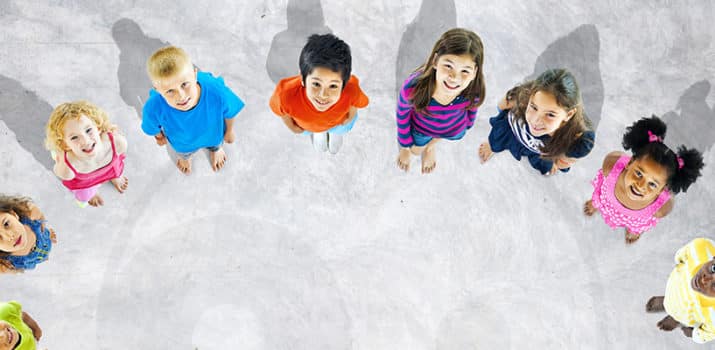Philosophy with children


Thinking for oneself and with others from an early age: this is the ambition of Philosophy for Children (PPE). Every autumn since 2019, Alexandrine Schniewind, Professor at UNIL’s Philosophy Department, has been offering a course for Master’s students wishing to discover and practice philosophy for children. This new philosophical practice, which until now has had little presence at university, is nevertheless strongly encouraged by UNESCO in its latest report on the teaching of philosophy in Europe and North America (2011).
First used in the 1970s by American philosophers and educators Matthew Lipman and Ann Margaret Sharp, co-founders of philosophy for children, the term refers to an educational practice designed to stimulate children’s thinking and questioning. Practised today throughout the world, including in the Canton of Vaud, philosophy for children does not aim to pass on to younger generations the ready-made answers provided by the philosophers of past centuries. It is not, therefore, a history of philosophy course whose content is adapted to children. On the contrary, Philosophy for Children starts from children’s own experiences and conceptions, to teach them to think for themselves.
In other words, this new philosophical practice seeks to develop the faculty of thought based on the questions children ask themselves about existence. It’s a pedagogy of questioning that stimulates reflection and encourages children to think freely about philosophical subjects: What is friendship? What are rules for? Can we choose to be happy? How can we live well together? What is an emotion?
Philosophy for children is generally characterized by a series of philosophical workshops or discussion circles. The formation of a genuine research community, whether in or out of school, enables the exchange of ideas while respecting and listening to what others have to say. The aim of the various approaches that exist is to teach people to think for themselves, of course, but also with others.
Dialogue, facilitated by the presence of an adult, is the key to encountering others and developing responsible, independent citizens of the future. The constant exchange of points of view helps to develop a critical distance from one’s own opinions, and encourages collective reflection and the peaceful management of conflicts.
Here are just a few of the approaches available:
How does a philosophy workshop with children work in practice?
Many examples of philosophical discussions can be seen in these three documentaries made in recent years:
Finally, here are two examples of workshops led by Johanna Hawken and Michel Tozzi, using the democratic and philosophical discussion method.
There are now many online resources for discovering and practicing philosophy with children. There’s no shortage of choice!
To raise awareness of this approach to teaching philosophy, the BCUL has put together a selection of books on the subject, as well as a range of teaching aids for use at school or at home. A thematic selection to discover on the Unithèque website from September 12 to 23, 2022, as well as in the Renouvaud catalog.